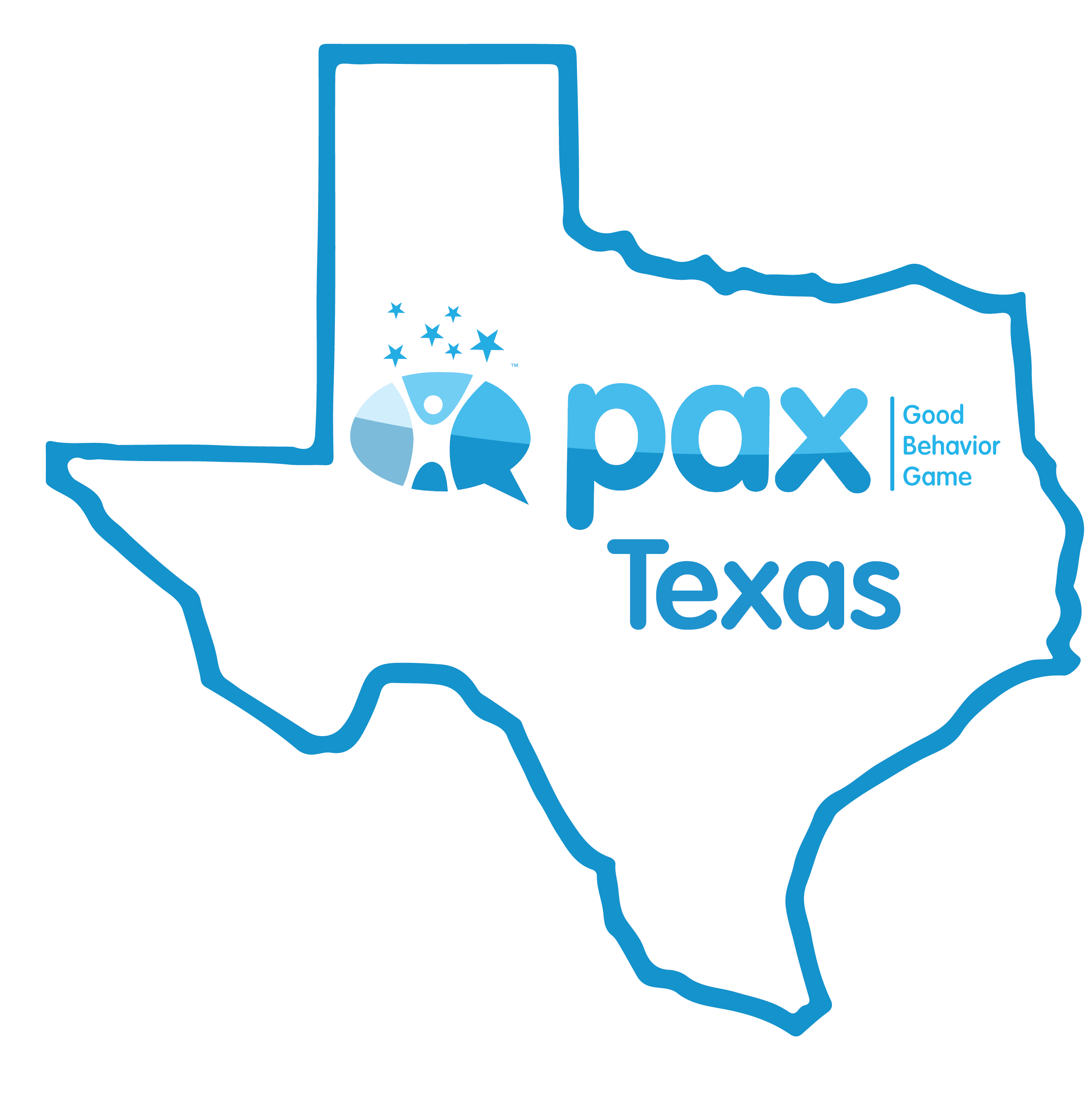
PAX Tools for Community Educators
PAX Tools
What is PAX Tools?
PAX Tools™ is a collection of trauma-informed evidence-based behavioral strategies for families and communities to promote the development of self regulation in children. Adults who participate in PAX Tools Community Workshops receive the strategies and materials they need to effectively use PAX Tools with children. PAX tools community Workshops are presented locally by PAX Tools Community Educators. This training is targeted to Parent & Health Educators, Prevention Specialists, Volunteer Coordinators, and Extension Educators.
How Can I Become a PAX Tools Community Educator?
PAX Tools Community Educator Training is 8 content hours where participants observe a PAX Tools Community Workshop, participate in teaching sections of the content, and learn how to implement and sustain PAX Tools in their own community! Please note: This training is not a Train the Trainer for other PAX trainings.
Resources for Community Educators
An individual who completes this training will become a Certified PAX Tools Community Educator, authorized to present PAX Tools Community Workshops in their own community. Participants in PAX Tools Community Educator Training will receive a manual and a set of PAX Tools. Upon completion of the training, Certified PAX Tools Community Educators receive access to online resources, reproducible files, ongoing technical assistance, and professional development provided by PAXIS.
PAX Tools Community Educator Training
This training is for: Parent & Health Educators, Prevention Specialists, Volunteer Coordinators, and Extension Educators
MORE TRAININGS WILL BE COMING
We will have more trainings available in September when our grant renews. Check back in late July for postings for the upcoming 2025-2026 year!
If you have a team of 20 or more to train, please email us at paxgbg@esc13.net. We are scheduling now for 2025-2026.


Funding made possible (in part) by grant award number H79TI085747 from the Substance Abuse and Mental Health Services Administration and with the support of The Texas Health and Human Services Commission. The views expressed in training materials, publications and by speakers and moderators do not necessarily reflect the official policies of the Department of Health and Human Services or Texas Health and Human Services Commission; nor does mention of trade names, commercial practices, or organizations imply endorsement by the U.S. or Texas Government.
